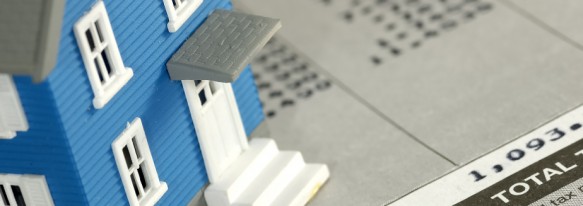


Home Loans
A mortgage is a way to make home ownership possible, so that people can pay off the value of the home on a monthly basis. There is usually a substantial down payment required which is presented at the exchange or purchase of the home. The home loan refers to the loan of money to purchase real property and real estate.
Mortgages are regulated and issued by banks, and there are different choices for people looking to purchase a home. The bank loans you money for a home that you pay back in installments with interest and the principle. The length of a mortgage varies, with some being paid off quickly, but most homes taking at least 25 years to pay off. The amount of money that you are loaned by the bank for your home loan depends on a few factors including the amount of a deposit that you put down, the type of mortgage you have chosen, your credit history and your income.
There are two common types of mortgages, fixed and variable rate. There are also combination mortgages available that incorporate aspects of fixed and variable rate mortgages. A fixed rate mortgage keeps the interest rate at a stagnant rate, without fluctuation in interest rates. This method may be preferred by those who like to know how much their bills will be exactly each month. A variable rate mortgage the interest rate again begins stagnant, but over an agreed to period of time will begin to fluctuate according to the market. You may also find at times you have either a surplus of deficit of money to put towards your mortgage for a period of time, at this point you may have to pay a charge or penalty. Trying to determine the right type of mortgage for yourself may be challenging, but you can go to a mortgage advisor or a financial services officer who will help you figure out what is the best mortgage for your needs and wants. In the case of a home loan you would be the borrower and the bank would be considered the lender. You, the borrower, would be charged an agreed upon interest on the principle of the home’s value. If you, as the borrower, fail to stop paying off the mortgage, your home may be subject to foreclosure in which the bank will repossess the home.
There are other expenses that you should consider when it comes time to purchasing a home in addition to just the financial aspect of a mortgage. The expenses of owning a home can add up rather quickly, especially if you do not have a plan in place. Some of these household expenses include general maintenance, repairs, taxes, insurance and unforeseen issues. Putting aside money in an account for miscellaneous household expenses can help to alleviate any financial issues that may trickle down, so speak with your mortgage broker or advisor about how to best manage your money to cover your new home’s expenses.












